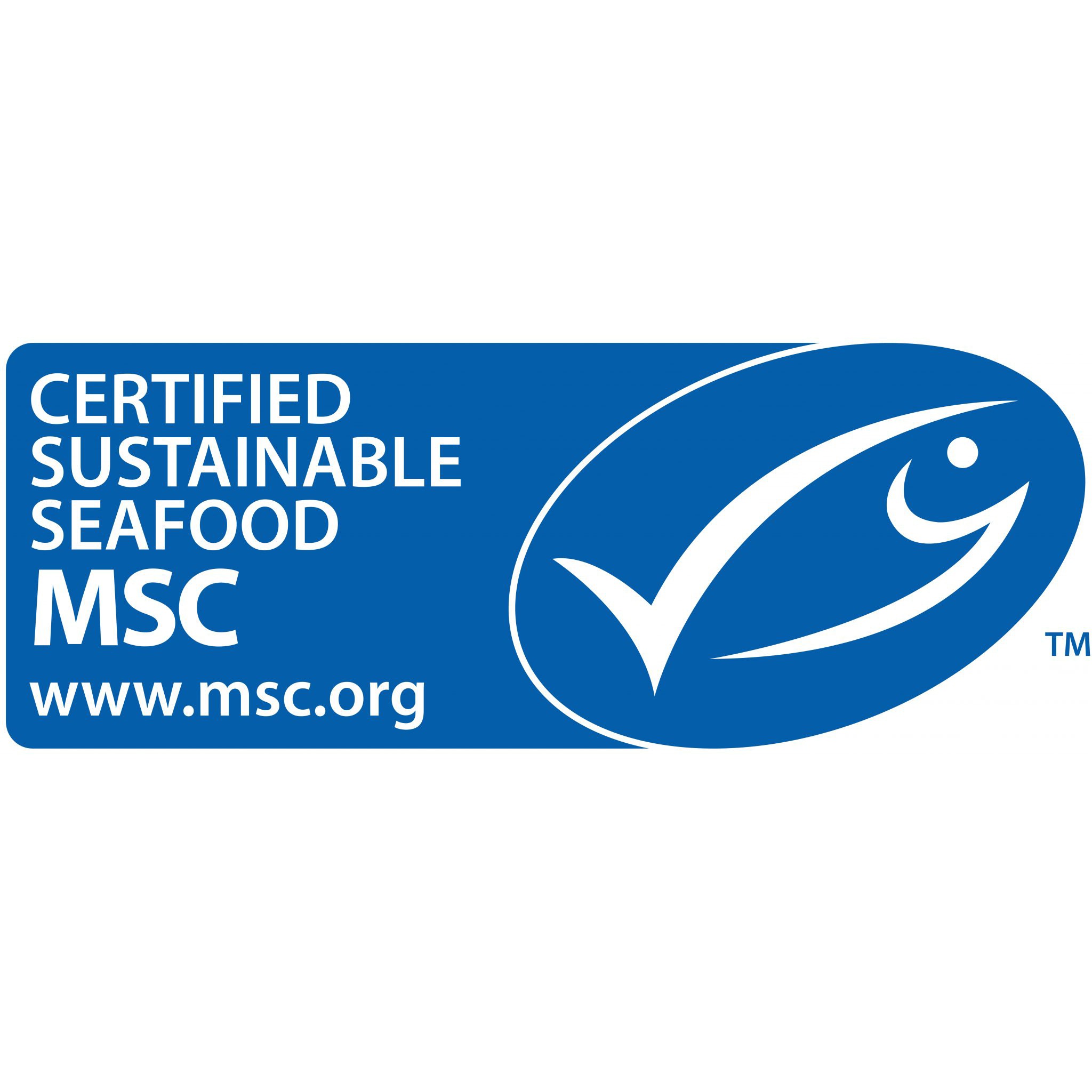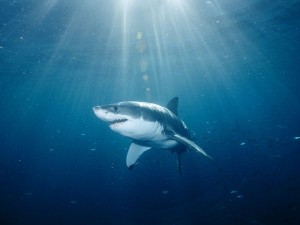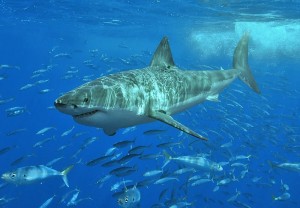One year ago today, my book “Why Sharks Matter: A Deep Dive with the World’s Most Misunderstood Predator” was released. Science moves (relatively) rapidly and changes often, with new discoveries every day, and the conservation landscape is similar. This means that it is impossible for anything written about these topics at a discrete moment in time to remain accurate forever.
So, in the interest of accountability, in the interest of continuing to make my book useful for public education about shark science and conservation even as the science and policy landscape changes, and in the interest of keeping notes for myself for any future updated versions of the book, I have been keeping track of things that I wrote at the time that are no longer true, or weren’t quite right at the time. (Please note that some of these facts and figures were already out of date at the time the book was pubished, but that was well after the final text was turned in).







